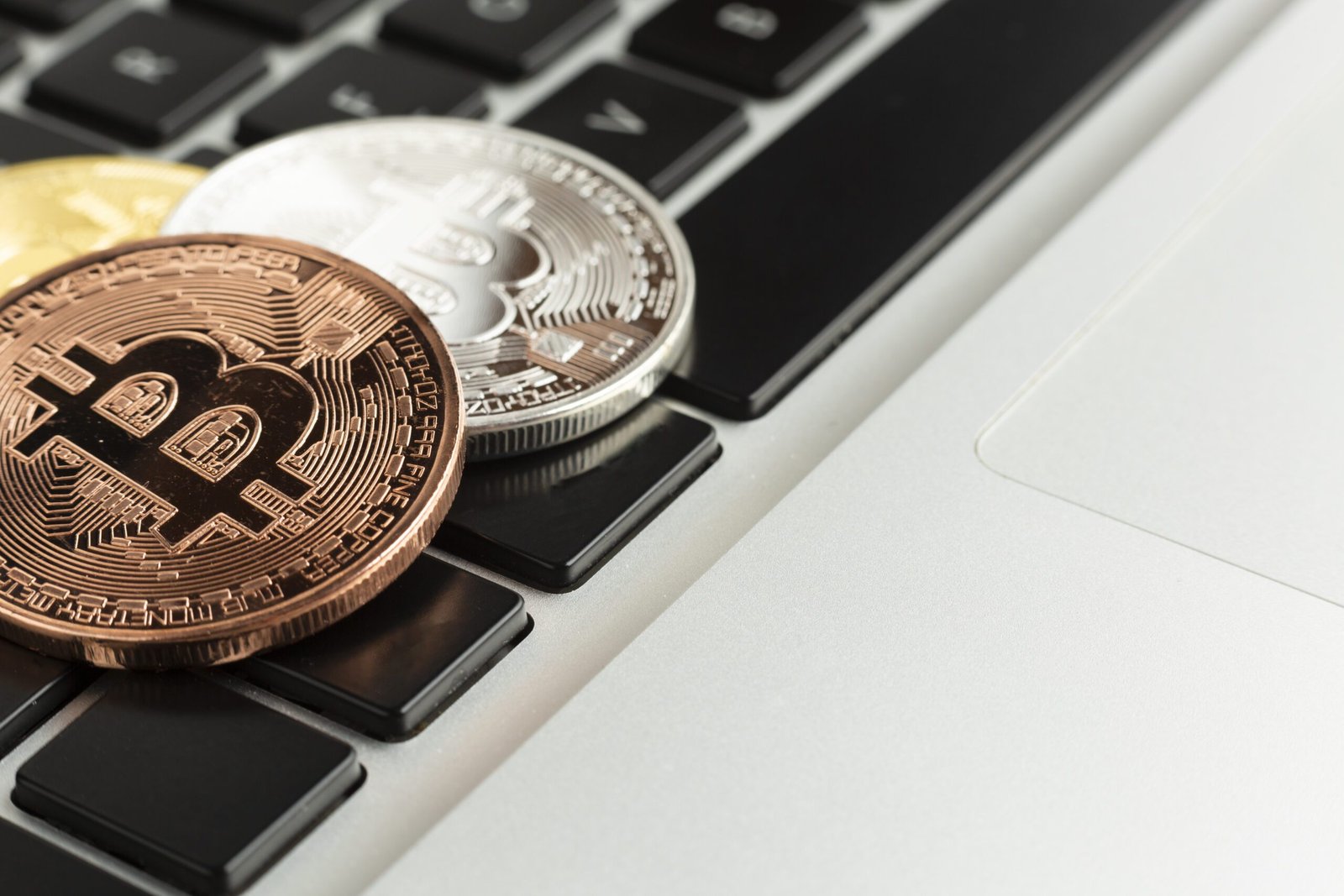
The Bangko Sentral ng Pilipinas (BSP) and Securities and Exchange Commission (SEC) are the main authorities supervising the cryptocurrency sector in the Philippines — one of Southeast Asia’s fastest-growing digital-asset markets. Both regulators oversee virtual currencies, exchanges, and service providers to ensure transparency, consumer protection, and AML/CFT compliance.
They are in charge of all matters pertaining to virtual currencies, virtual assets, virtual activities, and virtual asset exchanges. Obtaining a crypto license in the Philippines allows your company to legally operate as a Virtual Asset Service Provider (VASP) or Crypto Asset Service Provider (CASP), offering exchange, custody, or remittance services under the BSP’s Circular No. 1108 and the SEC’s 2025 updates.
In 2025, the SEC added new CASPS rules for businesses that offer crypto exchange services, custody, or brokerage services. These policies aim to safeguard consumers, increase operational transparency, and reduce the dangers connected with money laundering and terrorism sponsoring.
Philippines Crypto License
A Philippines crypto license authorizes a company to operate within the legal virtual-asset ecosystem. Licensed entities may offer crypto exchange, wallet hosting, remittance, and investment services while adhering to strict capital and compliance standards set by BSP and SEC.
Under their permitted activities, companies licensed in this area smay offer crypto exchange, wallet hosting/custody, and remittance under BSP VASP authorisation; and, where digital asset securities are involved, comply with SEC rules. Entities must follow a set of capital, reporting, and operational criteria under the licensing substructure.
Thus, any such player is drawn to legitimacy by the Crypto License in Philippines, which in turn fosters trust among investors and users who are likely to engage in this kind of activity. Additionally, it makes it easier to integrate payment systems that comply with national financial Philippines crypto licence regulation and create accounts with nearby commercial banks.
How to get Cryptolicense in Philippines
VASP in the Philippines offer financial services related to digital currency and have a VASP-license. VASP license is known for the purposes of transferring digital investments, exchanging virtual assets for fiat money, and keeping cryptocurrency in wallets. In addition to establishing a local business-company with a physical presence in the Philippines, a candidate for a crypto license Philippines must also provide comprehensive operational papers and evidence that they have met the minimum capital criteria. However, in order to examine the adjustment framework and improve compliance mechanisms, the BSP has temporarily suspended new VASP applications.
Philippines crypto license requirements
Key clauses to obtain a Philippines cryptocurrency license would be:
- Incorporating a company in the Philippines.
- Maintain a principal place of business in the Philippines and appoint resident key officers (e.g., Compliance/AML Officer, Head of IT/Operations).
- The minimum amount of paid-up funds is ₱100 million.
- Recommendation of the AML/CTF substructure, risk government policy, and business plan.
- Systems for cybersecurity, data protection, and customer identification must be in place.
- The information must be periodically reported to the regulator and is subject to continuous monitoring.
All corporations with Philippines crypto license register in a transparent and secure manner to lower risk for investors and customers.
Typically, the following procedures must be followed in order to register for a Philippines crypto exchange:
- Create a local industry in accordance with Philippine law.
- According to the incorporation documents, the company’s goal must be to provide cryptocurrency-related favors like virtual asset exchange, custody, and transfer.
- Draft all necessary documents, which would generally cover business plan, internal polices, manuals of adherence.
Send a demand for clearance to the SEC (for CASPs) or the BSP (for VAs). Observe regulations like capital maintenance, AML/CTF file submissions, and audit reports. The residence itself cannot satisfy the licensing requirements; foreign businesses need a local branch or subsidiary in the market.
How Important Are Residency and Corporate Considerations?
It follows that if a group of people who do not reside in the Philippines wish to apply for a Philippines crypto exchange license, they need an enterprise that is incorporated in the Philippines. A provincial establishment of a firm is going to require a registered address, local directors, and keeping officers. This basically means that all cryptocurrency service providers will have a link or reachable connection with regulation of actions within the country’s jurisdiction.
Summary
The Cryptocurrency exchange license in the Philippines opens up an official window of operation for all interested parties within the growing industry of digital acquisitions. For this reason, a permitted firm in the persona of a wallet service, crypto exchange license in Philippines, or payment provider is guaranteed to gain credibility together with access to banking facilities at large in the country, coupled with having very careful regulatory protection.
The Philippine government is still going to push through laws that will provide for an utmost regulatory environment in cryptocurrency business operations, one that would attract responsible businesses and at the same time protect users from those operators who registered their enterprises under false pretenses.
FAQ
Is crypto legal in the Philippines?
Yes, crypto is lawful in the Philippines. The industry is supervised by the BSP and SEC to make sure that cryptocurrency operations adhere to customer conservation guidelines and monetary laws.
How much is a crypto license?
The cost varies depending on the type of Philippines license crypto. Application fees can start around ₱100,000, with annual supervision fees and capital requirements depending on the company’s actions.
What bank in the Philippines is crypto-friendly?
Few local banks collaborate with licensed VASPs, but partnerships depend on the bank’s internal compliance policies. Companies usually need to prove adjustment enrollment and AML-compliance to open accounts.
Is the Philippines to tax crypto assets by 2028?
There is no crypto-specific tax law with a 2028 start date. Crypto-related income may already fall under existing income/VAT rules depending on the activity.
Is crypto trading allowed in the Philippines?
Yes, crypto trading is allowed through registered or Philippines Crypto License exchanges. Individuals can also legally buy, sell, and hold virtual currencies as long as the platform is compliant with local regulations.
Is crypto tax free in the Philippines?
No, crypto gains are not entirely tax-free. Income derived from trading or investing in cryptocurrency may be subject to income or funds gains tax depending on the transaction.
Is Binance licensed in the Philippines?
Currently, Binance not officially licensed in the Philippines. The SEC has warned the public against using unregistered venues and encouraged investors to trade only with regulated crypto exchanges.








